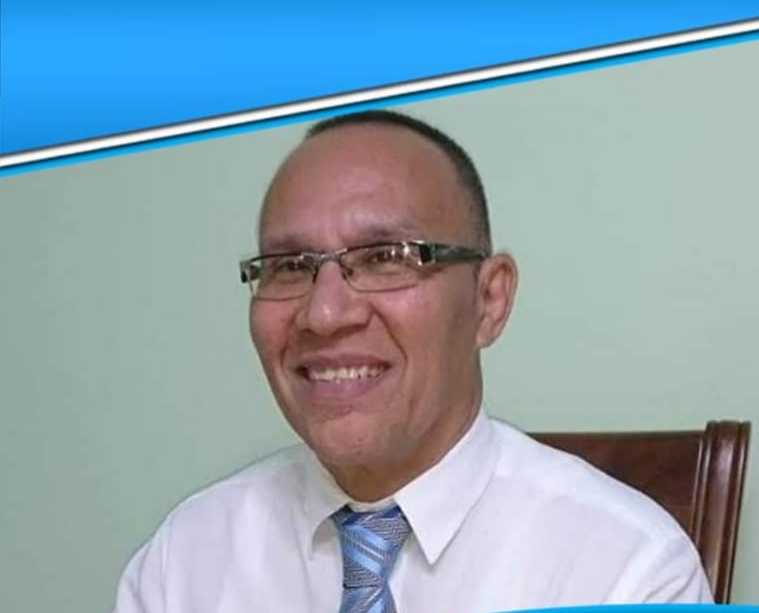
Campaign essentials
Campaign at a glance
The Caribbean is highly prone to natural hazards, including seismic activity, hurricanes, landslides and floods. These events have resulted in lost lives, serious injuries and severe damage to housing and infrastructure. A single hurricane event can affect more than one island, and completely erase the gains of many years of productivity. As a result, these unpredictable hazards create disruption and have an ongoing impact on people’s lives – affecting their mental health and psychosocial well-being.
Although everyone is affected in some way by disaster events, there are a wide range of reactions and feelings that a person can experience. People may feel overwhelmed, confused or very uncertain about what is happening. They can also feel very fearful, anxious, numb or detached. However, people who feel safe, connected, calm and hopeful, have access to social, physical and emotional support and find ways to help themselves after a disaster, will be better able to recover long-term from mental health effects.
Against this context, the Pan American Health Organization (PAHO) and the Caribbean Development Bank (CDB) are launching a regional communication and awareness campaign on mental health and psychosocial support (MHPSS) in disaster management in the Caribbean. Under the theme “Stronger Together”, the campaign aims to offer information and strategies to assist communities in the region in better coping with the psychological impact of adverse events before, during and after a disaster situation. It also aims to raise awareness to reduce the stigma about seeking mental health and psychosocial support.
This communication campaign is part of a joint project by PAHO/WHO and CDB entitled “Building individual and social resilience to cope with the impacts of natural hazard events: enhancing capacity for mental health and psychosocial support (MHPSS) in disaster management in the Caribbean“. This 18-month project aims to build regional capacity for MHPSS in disaster management in the Caribbean; strengthen in-country competencies to conduct needs assessments and action plans; develop and implement a regional communication campaign; and conduct monitoring and evaluation of the project.




